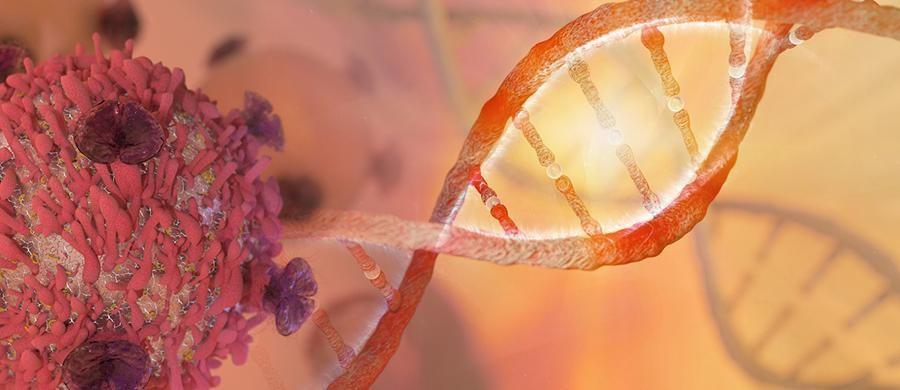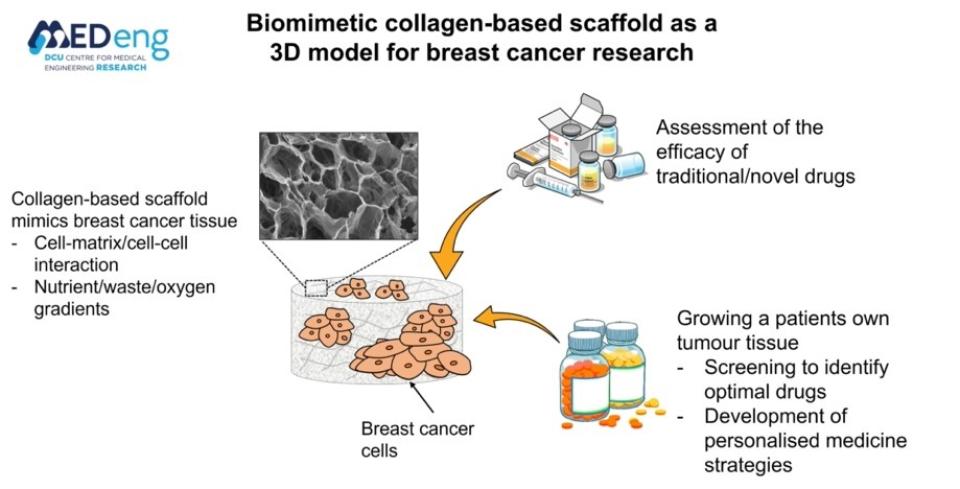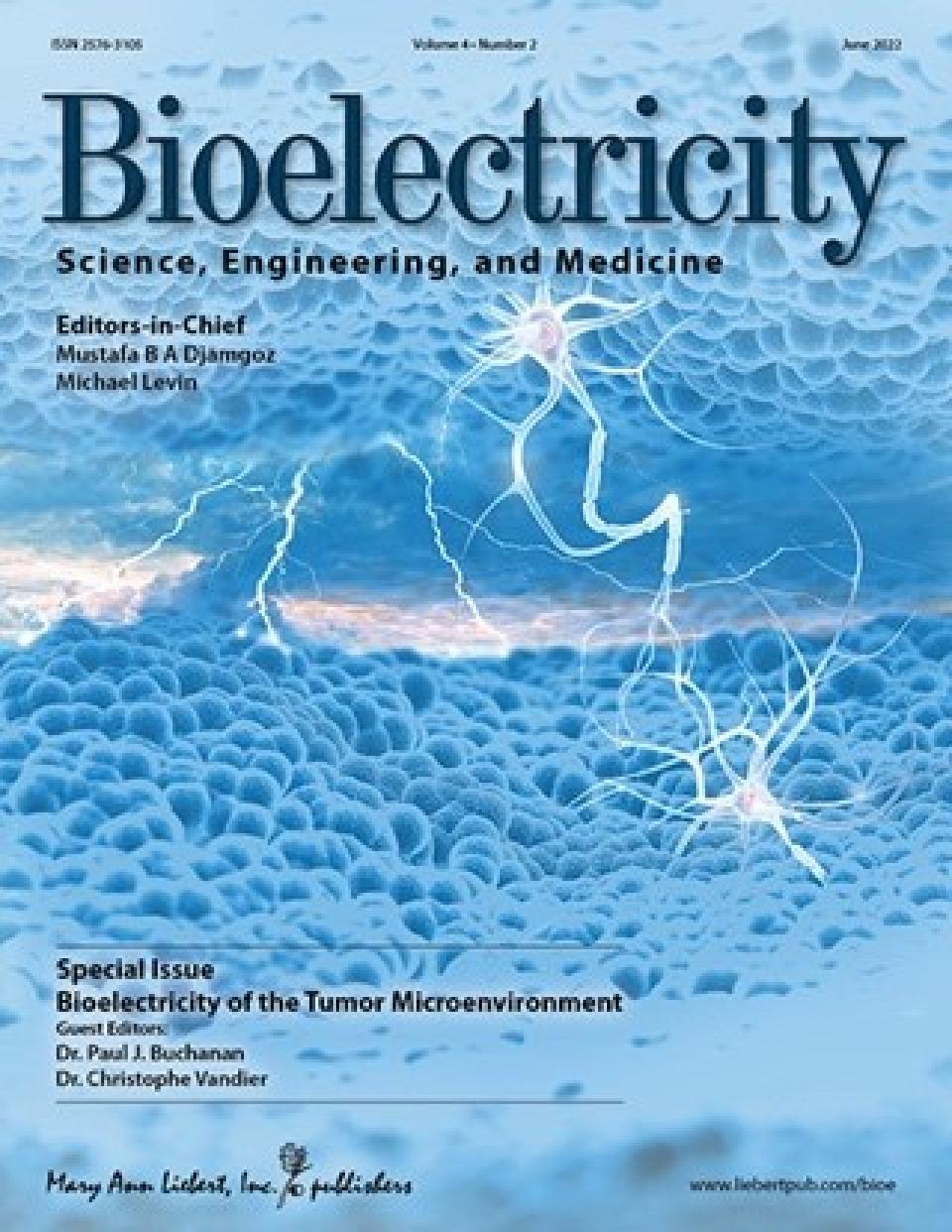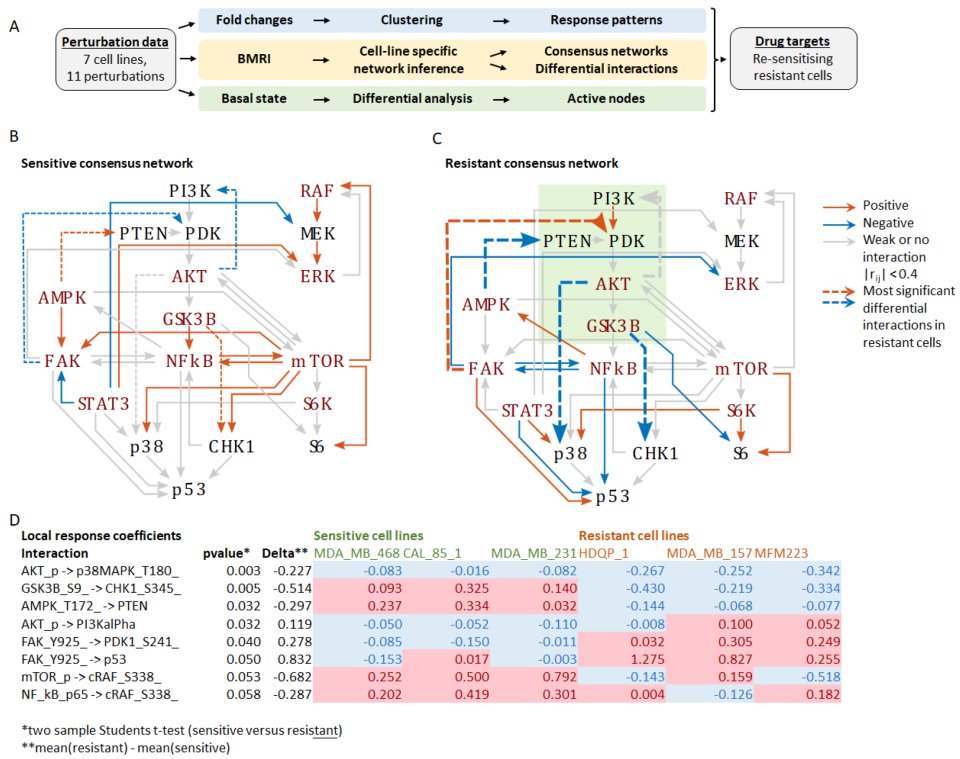
Research Newsletter - Issue 77: Spotlight

What is DCU Cancer Research?
DCU Cancer Research is a multidisciplinary cross campus consortium that promotes and contributes to world leading research and clinical discoveries in the cancer field. Utilizing DCU’s broad but complementary expertise in cancer research we provide a unique translational approach to new advances in cancer.
DCU is the only Irish university to cover not only traditional basic cancer biology, such as drug discovery/development, bioinformatics, and tissue engineering; but also, patient quality of life in areas of survivorship, psyco-oncology, and nutrition.
About us
We are comprised of a multidisciplinary group of ~25 researchers spanning all career stages from early-career research scientists, lecturers, to full professor. The group is currently co-chaired by Dr Alex Eustace (School of Biotechnology and NICB) and Dr Paul Buchanan (School of Nursing, Psychotherapy and Community Health and NICB).
Members of the group represent six DCU Schools and Research Centres across two Faculties, with expertise in clinical oncology, cell and molecular biology, bioengineering, biosensors, genomics, electrophysiology, chemistry, nutrition, and psychology. The experience of the group spans the full spectrum of translational research from basic science to clinical trials supported by a range of academic, clinical, and industrial collaborative partners.
Research interests
Overall, we have distilled our research interests into six key areas:
- Cancer Biology – Advancing our understanding of the underlying mechanisms that promote cancer development, progression, and treatment resistance. With a focus on understanding mechanisms of PI3K in breast cancer, development of novel 3D organoid cultures in pancreatic and oesophageal cancer.
- Drug Discovery – Aiding the development of personalised medicine approaches based on identified patient genomics.
- Detection and Biomarkers - Identification of disease biomarkers to improve diagnosis and treatment stratification.
- Survivorship - Improving patient quality of life during through nutrition, exercise, and wellbeing.
- Psycho-Oncology - Enhancing our understanding of the psychological, behavioural, and social responses to, and influences on, cancer; and improving the lives of those affected by or living with, through and beyond cancer.
Member Highlights
Below are a selection of recently funded or published works by members of DCU Cancer Research.
Aberrant Calcium signalling promotes cancer resistance
Dr Buchanan’s group recently published a study in the journal of Cell Calcium which examined the role of aberrant calcium handling promoting treatment resistance in prostate cancer (PC). This IRC-funded study demonstrated that resistance to the main treatment for advance PC, androgen deprivation therapy (ADT), resulted in the upregulation of the calcium channel target, CaV1.3, resulting in perturbed intracellular calcium, which represented an oncogenic switch that contributed to treatment-resistant tumour biology. Overall, this highlights calcium as a potential area for therapeutic development to overcome treatment resistance and improve patient outcomes.
Further work on this topic was also published in a special issue, covering the importance of altered electrophysiology in cancer, in the journal Bioelectricity, guest edited by Dr Paul Buchanan.
3D Collagen-based scaffolds as a novel model for breast cancer research
Prof. Tanya Levingstone, Prof. Nicholas Dunne and John Redmond, School of Mechanical and Manufacturing Engineering, DCU, Centre of Medical Engineering Research (MEDeng) and Biodesign Europe, Dr Paul Buchanan and Prof. Helen McCarthy (School of Chemical Science, DCU and School of Pharmacy, QUB) have recently developed a biomimetic collagen-based scaffold as a 3D model for breast cancer research. The model has been validated as a testbed for the screening and development of breast cancer therapeutics.

Testbed for breast cancer therapeutics
Further research within MEDeng and Biodesign Europe is focused on exploring the application of this model for targeting patient-specific therapies. The detailed development and characterisation of this scaffold has been accepted for publication in Biomaterials Advances.
Novel treatment options for women who suffer from Triple Negative Breast Cancer
Assistant Professor Alex Eustace (School of Biotechnology, National Institute for Cellular Biotechnology (NICB)), along with colleagues from the NICB, Laura Ivers, Dr Nupur Mukherjee, Dr Alacoque Browne, Norma O’Donovan and Professor John Crown, recently had an article published in the Journal Of Personalized Medicine.
The study, which was conducted in collaboration with colleagues who worked together in the Irish Cancer Societies' Research Centre BreastPredict, aimed to identify, using a system biology approach, phosphoproteomic biomarkers of resistance to the chemotherapy drug cisplatin.
Dr Eustace and colleagues used this information to identify novel treatment options for women who suffer from a subtype of breast cancer called Triple Negative Breast Cancer.
Contact Us
Please visit the DCU Cancer Research website for further information, news, and event details.
If you would like to be involved in DCU Cancer Research, please contact us.
Alex Eustace: alex.eustace@dcu.ie
Paul Buchanan: paul.buchanan@dcu.ie


